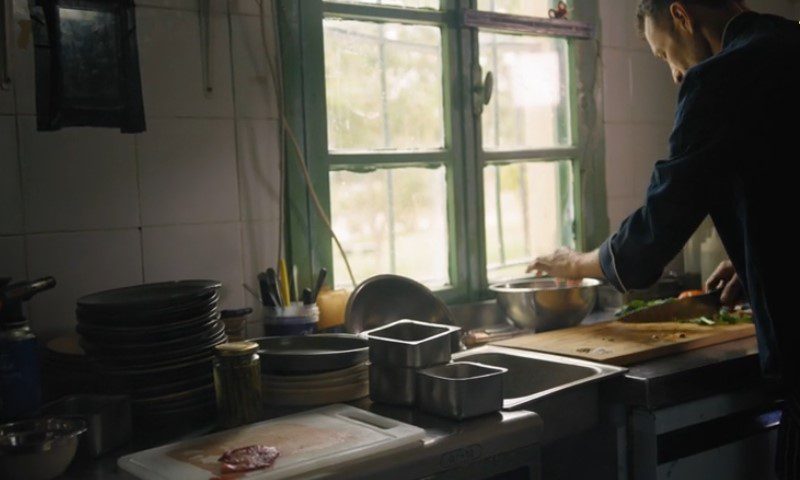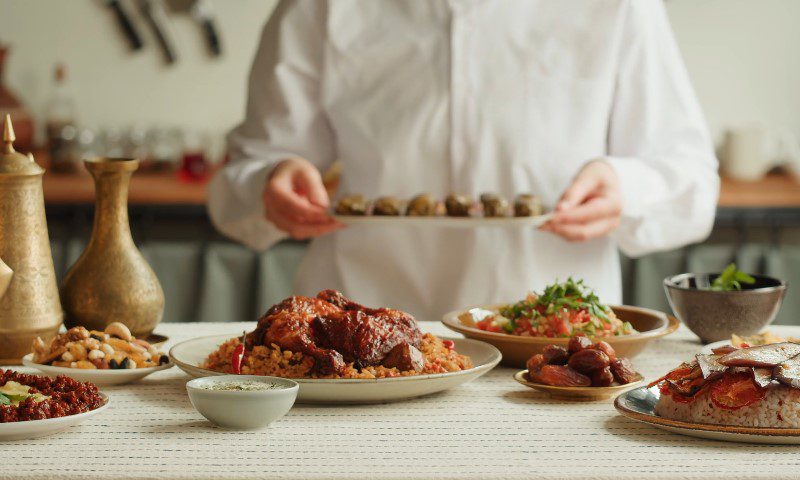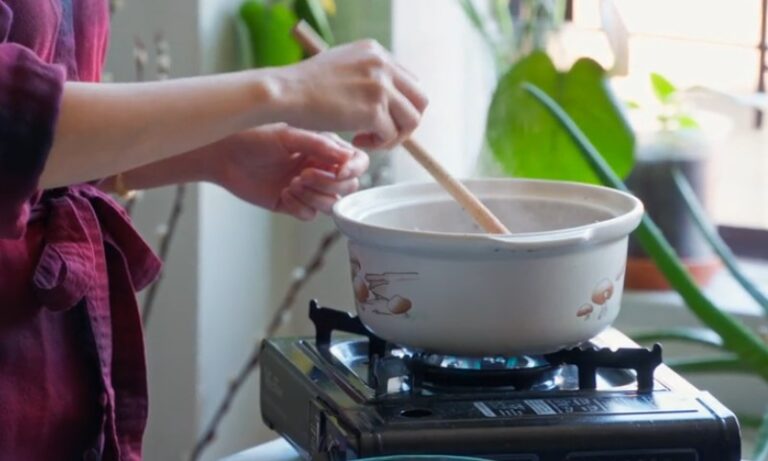Each time you attempt a new dish, you’re exposed to a different set of instructions, cooking methods, and ingredient pairings. Maybe you’re sautéing for the first time, trying your hand at making a roux, or discovering the magic of finishing a dish with fresh herbs. With every experiment, you add a new “tool” to your mental kitchen toolbox. The more diverse your repertoire, the more confident you become at tackling whatever is in your fridge or pantry.
Over time, you’ll start to notice connections between recipes—like how a French béchamel isn’t so different from the white sauce in your grandma’s mac and cheese, or how searing chicken for a curry is similar to starting a stew. These little discoveries build true cooking intuition, so you’re less tied to recipes and more comfortable improvising.
How New Dishes Build Real Skills
View this post on Instagram
Every time you cook something unfamiliar, you’re exposed to new ingredients, new techniques, and new cultural perspectives. Here’s how that pays off:
Table 1: New Dish, New Skill
| Dish You Try | New Skill or Lesson |
| Risotto (Italian) | Stirring for creaminess, layering flavors |
| Thai Green Curry | Balancing sweet, salty, sour, spicy |
| Roast Chicken (whole) | Butchery basics, timing for doneness |
| Sushi Rolls (Japanese) | Knife skills, rolling, rice prep |
| Shakshuka (Middle Eastern) | Poaching eggs in sauce, spice layering |
| Jamie Oliver’s “15-Minute Meals” | Cooking fast, prepping in advance |
Even if your first attempt isn’t perfect, you gain experience that makes the next try smoother. Over time, these mini-lessons turn you into a confident, creative cook who can handle almost anything.
How Cooking New Recipes Boosts Ingredient Knowledge

Exploring new dishes naturally means shopping for new ingredients—maybe fresh ginger, tahini, miso, or sumac. You start to learn how these ingredients work, what flavors they add, and how you can swap or combine them in future meals.
Table 2: Ingredients Unlocked
| New Dish Example | Unfamiliar Ingredient | What You Learn |
| Pad Thai | Fish sauce, tamarind | Umami, sweet-sour balance |
| Jamie Oliver’s Veggie Curry | Paneer, garam masala | How spices change a sauce |
| Spanish Paella | Saffron | Scented rice, color |
| Chimichurri Steak | Fresh herbs, vinegar | Bright, zesty sauces |
Suddenly, you’re not just following recipes—you’re understanding what makes flavors tick. That makes improvising and rescuing “oops” moments much easier.
Example
Jamie Oliver, one of the world’s most popular TV chefs, built his brand around encouraging people to try approachable, flavorful dishes from all over the world. His recipes—like those in “15-Minute Meals” or “Jamie’s Italy”—are designed to help home cooks break out of their comfort zones with easy steps, bold flavors, and lots of ingredient swaps.
If you want to challenge yourself, pick a Jamie Oliver recipe you’ve never made before. For example, his Chicken Cacciatore teaches you to brown chicken, deglaze a pan, and build sauce with layers of flavor. Or his “traybake” dinners let you roast protein and veggies all at once, showing how timing and seasoning bring it all together.
New Dishes = New Perspectives (and More Fun at the Table)

Trying new cuisines exposes you to more than food—it gives you a window into other cultures and ways of celebrating meals. Maybe you host a taco night and everyone assembles their own, or you tackle a dim sum brunch at home with friends. Cooking new dishes together is a great icebreaker and a way to share laughs—even if things don’t go perfectly.
Table 3: What You Gain By Cooking New Things
| Benefit | How It Shows Up in Your Life |
| Broader palate | You enjoy and appreciate more foods |
| Better planning | You learn to shop and prep efficiently |
| Creative confidence | You improvise, substitute, and invent new recipes |
| Social fun | Friends and family look forward to your meals |
| Less food waste | You use up ingredients before they go bad |
How to Start Trying New Dishes (Even If You’re Nervous)
Pick One New Recipe a Week
Start small—commit to trying just one new dish each week. It doesn’t have to be complicated or expensive. Maybe one week it’s a Thai noodle salad, the next it’s a classic French omelette, or even a new way to roast vegetables. Rotate cuisines, proteins, or cooking techniques. Over time, your kitchen confidence will build naturally, and you’ll develop a much broader range of skills without feeling overwhelmed.
Use YouTube or Cooking Shows for Guidance
If a recipe looks intimidating on paper, watching a video can make a world of difference. Platforms like YouTube are packed with step-by-step tutorials from both professional chefs and home cooks. Celebrity chefs like Jamie Oliver or Gordon Ramsay excel at breaking down complicated recipes into simple, approachable steps. Seeing someone else handle the tricky parts—like deboning a fish or making homemade pasta—demystifies the process and gives you the boost to try it yourself.
Cook With a Friend or Partner
Trying new recipes is always more enjoyable (and less nerve-wracking) when you have company. Invite a friend, family member, or partner to join you in the kitchen. You can split up the steps, taste as you go, and even laugh off mistakes together. Cooking with someone else also makes the whole experience more social—and if the dish turns out great, you get to share the win.
Celebrate the “Fails” as Much as the Successes
Not every new dish will be a home run, and that’s okay. Maybe your bread didn’t rise, your sauce split, or your chicken was a little dry. Every kitchen mishap is a chance to learn and improve. The important thing is to treat mistakes as part of the journey, not a reason to quit. Take a moment to laugh about it, jot down what went wrong, and give yourself credit for being brave enough to try. Most great cooks have a long list of kitchen disasters—they’re just further along the learning curve!
Keep a Cooking Journal
Make a habit of jotting down your experiences after each new dish. Note what you tried, what worked, what didn’t, and any changes you’d make next time. Over the months, you’ll have your own personalized cookbook full of lessons, flavor combinations, and confidence-boosting wins. This simple habit turns each experiment into progress and helps you track just how far you’ve come.
Bottom Line
If you want to become a better, happier, and more confident cook, there’s no shortcut: you have to keep trying new things. Each new dish adds a skill, unlocks an ingredient, and brings fresh excitement to your meals. Cooks like Jamie Oliver have shown that home cooking can be both adventurous and doable—no matter your skill level. So this week, find a recipe you’ve never made before, round up the ingredients, and give it a shot. Even if it isn’t perfect, you’ll come away knowing more than you did yesterday—and that’s what makes you a better cook.

